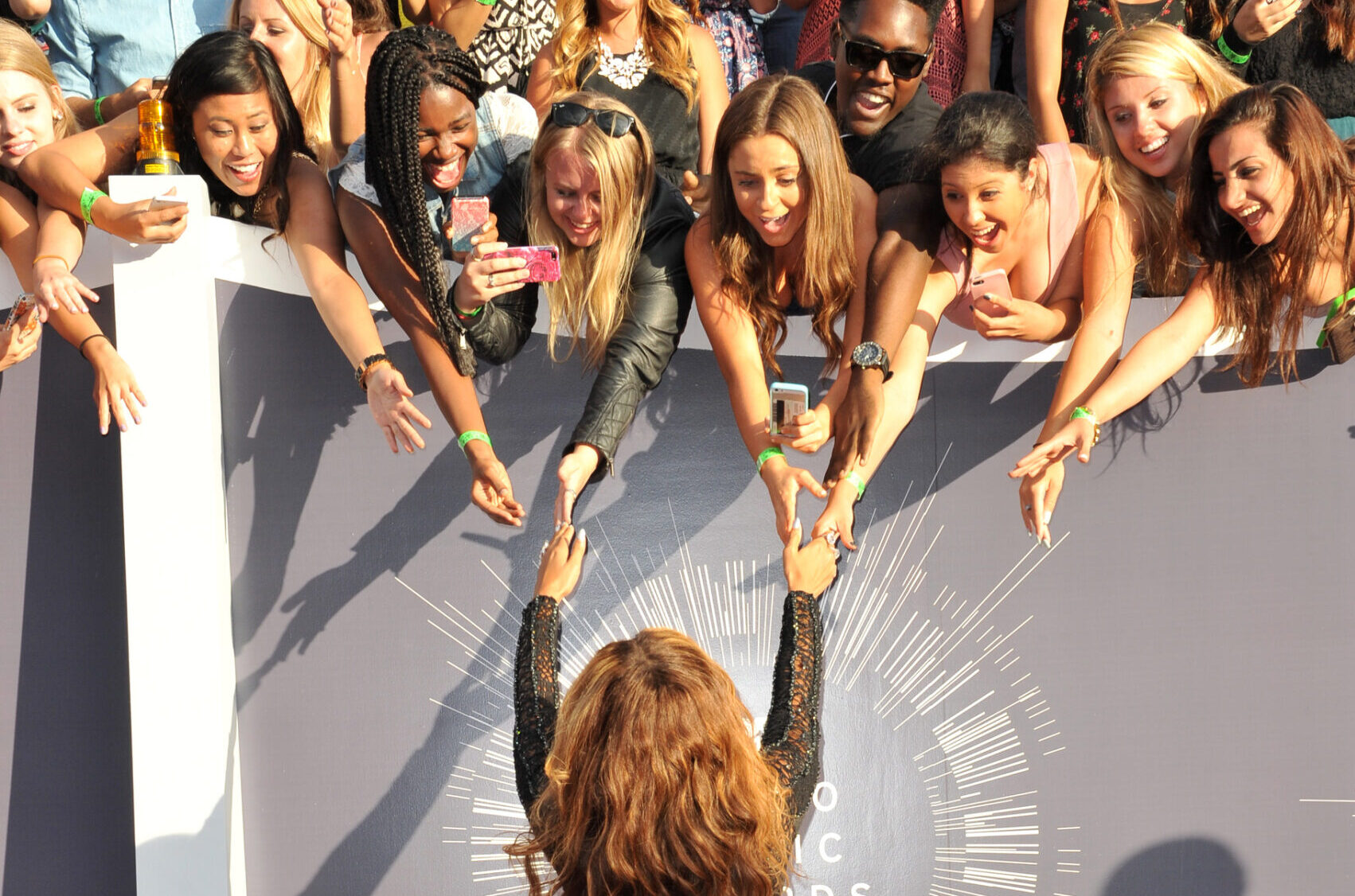(9 min read)
.
These two constantly raise the bar for us all, and do it flawlessly. I’d say I’m surprised but we know who they are.
.
I feel like going through the sheer amount of historic milestones, major awards, pop culture moments and so on would not do either Beyoncé or Taylor Swift any justice. Realistically, they are much more than just extremely accomplished super duper mega ultra stars. They are larger than life icons of culture and I think there in lies a lot of the problem.
Don’t get it twisted though, my goal here is not to overly critique their art or to pit these two women against each other.
I’m of the opinion that we’re pretty fortunate to have grown up with them as prominent figures in popular music for the past twenty-ish years. I really like how writer Isamtu Gwendolyn puts it when describing Beyoncé as a “human person who has dedicated her life to becoming legendary – not just [as] one the greatest vocalists alive, or one of the best performers, or the hardest worker but also one of the richest visual and cultural artists walking this earth” (Gwendolyn 2024). She in many ways has become the artistic standard for our generation.
(ps: definitely check out their substack Threadings if you’d like for more great reads and cultural analysis).
Similarly, Taylor has managed to triumph the industry and pop culture in ways we’ve never seen before. The woman sings in your general direction and boom, magnitude 2.3 earthquake just hit downtown (Sykes 2023). On top of that, during the height of Eras last year, economists and news outlets started popularizing the term Swiftonomics to describe how her presence was boosting city business and economies. At this point, Swift is less of an influencer and more of a cultural authoritarian.
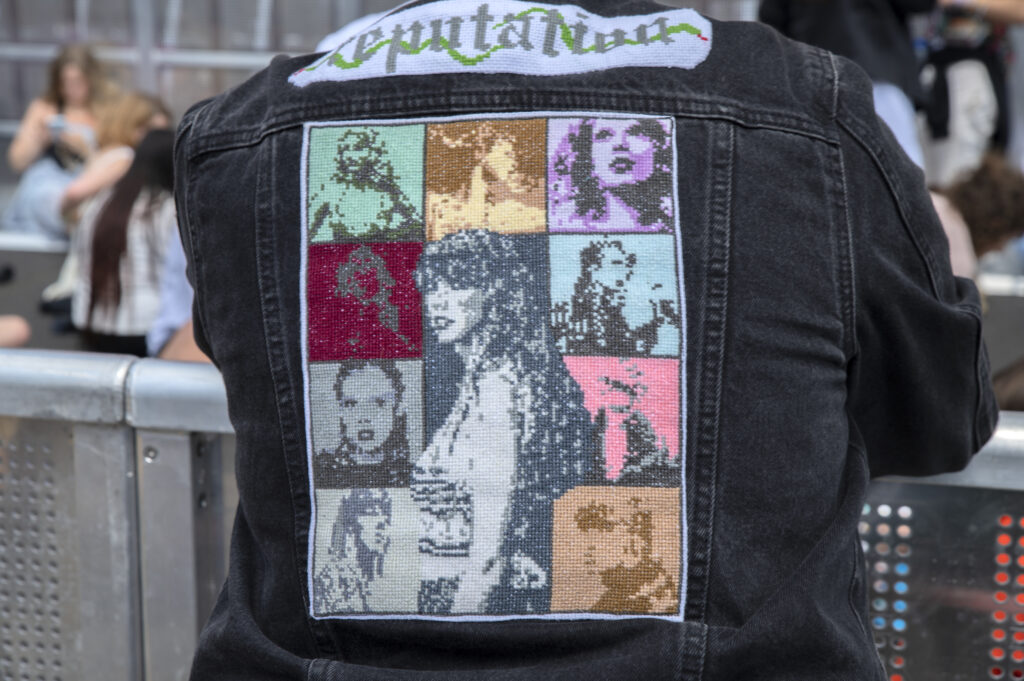
What’s interesting though is these features of pop stardom are not necessarily new. You could make allusions to maybe Michael Jackson or The Beatles sure, but I think what makes both Taylor and Beyoncé unique, other than being women in this space, is their multitudes. Depending on the time period and who you ask, both have existed in our collective conscious as rebellious rockstars, brave pioneer pop divas, once in generation musical geniuses, or even aspirational yet untouchable royalty, all while also being deeply invested in curating unique personal messages for their audiences. Somehow, they simultaneously are able to sound so good, be so massive and yet still appear so relatable and human to most people.
This process has been years in the making but I think a moment that helped elevate them to be larger than life figures was when Beyoncé and Taylor Swift started associating themselves with the fourth-wave feminist movements of the mid 2010s. Somewhere between “Self-titled” and 1989, both artists began openly identifying as feminists, and were very proudly weaving in women’s empowerment talking points and general politics into their performance art, “***Flawless” and “Bad Blood” being some of their most direct I think. Arguably, for most young people, these were some our first introductions to the idea of feminism, at least in this flashy form. It was during a time where it was almost encouraged for people – especially men – to openly shame and dismiss things made for or enjoyed by women, so this was really important. In following years, they would only reinforce these ideas in many facets of their art and themselves to the point where their existence would become synonymous with the term feminism. Disliking them basically meant that you hated women. By the time Lemonade and Reputation came out, they were “activists” that had ushered a new wave of change for women in general, let alone music and entertainment.
“to me, feminism is probably the most important movement that you could embrace, because it’s just basically another word for equality“
Taylor Swift for VOGUE Magazine in 2015 (Naomi 2015)
While I agree with this quote, looking back it comes off a bit corny — but so were a lot of things in the 2010s. Beyoncé and Taylor, at the very least, acted aware of the times we were living in and chose to speak. Very much thanks to them, it was seen as cool to be a feminist regardless of if it went against the grain and the best part was it was so easy. All you had to do was be a fan of either of them.
Once their legendary statuses started to come into play, however, a lot their overall relationship with their fans and politics started to change. Moving into the end of the 2010s Beyoncé and Taylor continued to become more elusive. You would only ever catch them at red carpet events or awards shows and they doubled down on normalizing limited interaction with publications and social media. Now because being a fan required pulling meaning out from every crumb they gave us, people continued to closely interpret there every move. As Tee Noir puts it “The cultural norm of Beyoncé’s fan base is to misconstrue the love she puts into her work and then delivers to us as love for us, but she don’t love us.” Sure a lot of this lack of explanation and distance could be explained by a need to maintain personal safety and privacy but it also protected Beyoncé and Taylor from being openly criticized. It protected their brands. It’s a lot easier to control the narrative about you if you are seen as icons and guardians and never let people close enough to talk about you personally, good or bad.
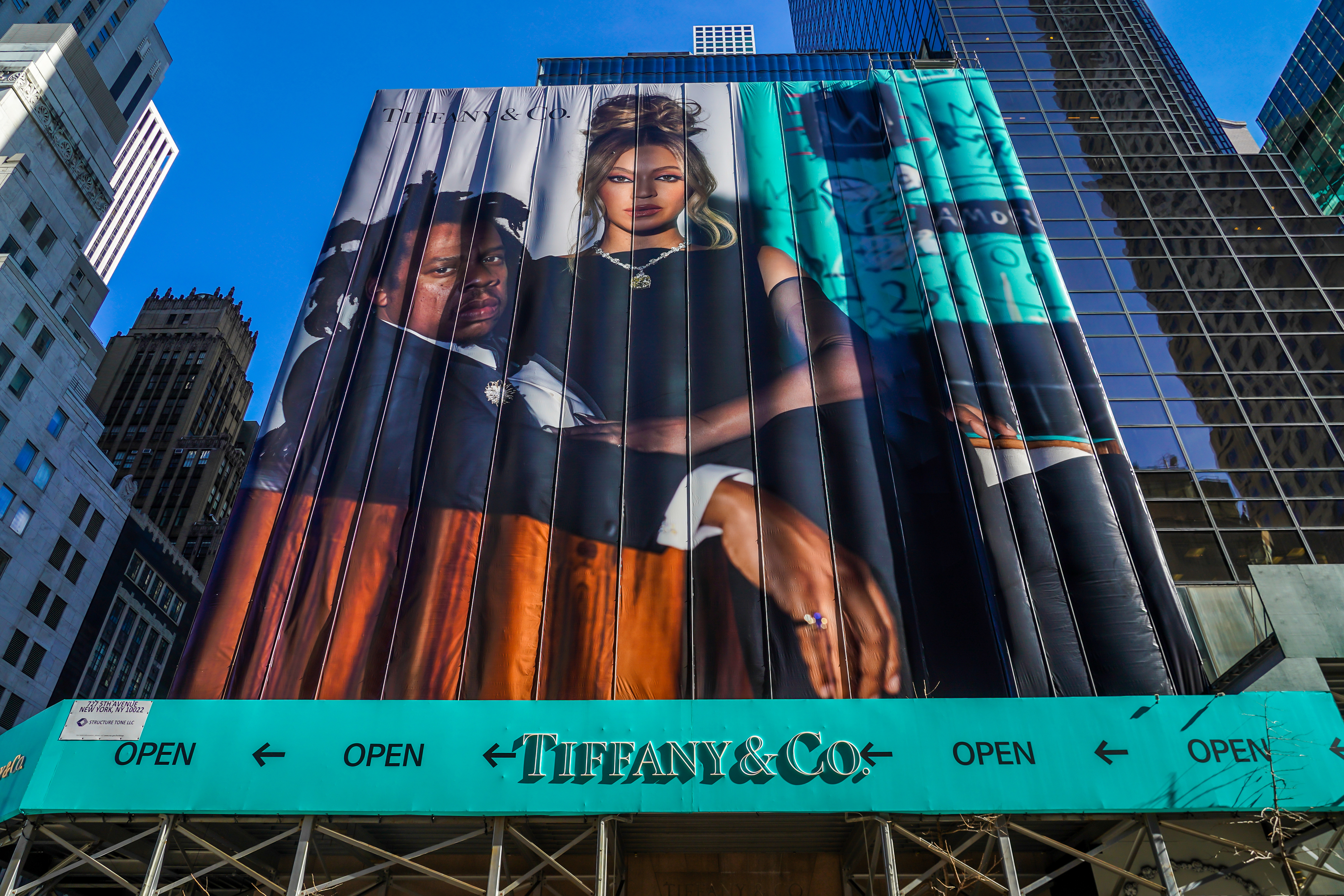
But all this at what cost? Figuratively and literally. We can’t forget about the whole Ticketmaster fiasco. It normalized a bump in ticket price for many of the biggest tours in the country that year and it continues to. Or the touch and go nature of Taylor’s album re-releases recently. In the same vein Beyoncé has been marketing a tour, pop-up events, films, beauty lines, commercials and gave us a somewhat bloated 27-track album in Cowboy Carter to match Taylor Swift’s The Tortured Poets Society. To me this this is all giving marketing scheme more that it is artistic vision even if the songs are good.
The reality is, people have legitimately gone broke or into serious debt just to participate in these artists’ newest works. Fans who have been devoted enough to attend Eras and Renaissance have also been pushed to purchase physical media, special edition merch, deeply study the art, maintain online communities, and so much more. This fan dedication even bleeds into how much (or how little) B and T choose to promote themselves. Eras Tour, for example, never really needed “to spend a penny on advertising (something straight out of the Elon Musk’s playbook) because thousands, millions maybe, of teenagers [had] been putting together the most electric advertising campaign — across TikTok, Reels, Snapchat, whatever — for months. Hours upon hours of labor, rewarded by what? Being squeezed for every cent in their bank accounts” (Hilton 2023).
As franchises, Taylor and Beyoncé require that music fans continue to buy into their artistry for better or for worse because it’s in the best interest of their bottom line. Billionaires are gonna be billionaires.
These are aspects of a new standard Taylor and Beyoncé have been setting that are not only unattainable for most artists, they are hurting the people they promised so much to. It’s been bothering me lately seeing how both artists have basically layed out the future of their careers in planned album rollouts. We now have a certified guarantee that more music will come from them soon almost like we have it on an Amazon subscription. What kind of model is this for their art? What does that say about them and about us? Possibly even worse, they don’t speak on transformative change the same way anymore. Nothing about the current election or Project 2025. Nothing about the deadly and regressive legislation in regard to women’s and LGBTQ+ rights in this country. Nothing about ongoing global conflicts and oppression at the behest of world powers. Things have become more complicated for us and they don’t seem to have the time or capacity to care. As a fan with some degree of unhealthy para-social attachment, realizing that feels like a disappointing and one-sided breakup. But in this case, we’re broke and they’re up
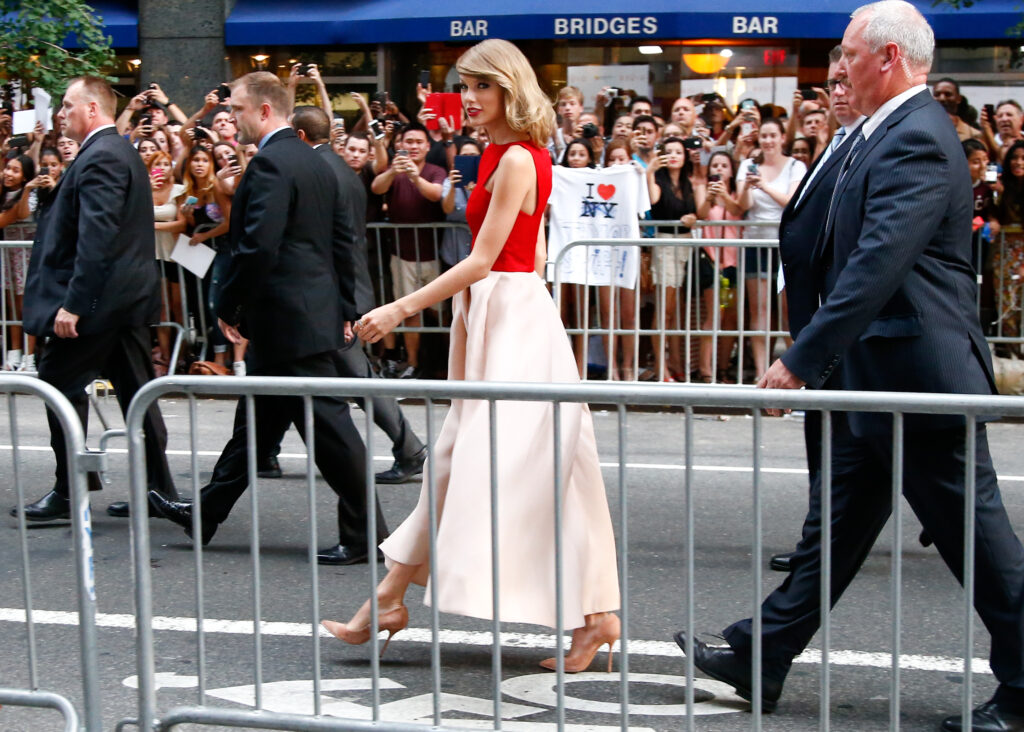
I guess with all of the access and power they have, I’ve come to believe that there would be some kind of responsibility to care, y’know? (Insert that one Spider-Man quote here). Especially for fans and up-and-coming artists, I would want Beyoncé and Taylor Swift to be leading by example since that’s the foundation they’ve built their empires on and could continue to expand on if they chose to.
Despite the controversy, though, I think newer artists could present a real shift in this narrative. Especially this year, it’s been so cool to see the sheer variety of female artists especially who are more recognition for their work. To our benefit as fans, a lot of the women “breaking through now are fully grown people with life experiences and points of views and interesting takes on their artistry, it’s so hands-on. It doesn’t feel contrived. It doesn’t feel puppeteered” (Foster 2024).
What’s more, a lot of them wear their influences on their sleeve while also bringing in their own authentic self to the picture; there is no explaining Olivia Rodrigo without a Taylor Swift really or a Chappell Roan without Lady Gaga. I think this variability in this next generation is great and reflects a change in the music landscape and our appetites. Sure a big immersive world of superstardom is cool and we’re familiar with it by now but we also are craving something more tangible. Like at this point we’d much rather go to the Pink Pony Club.
Interestingly enough, artists like Sabrina Carpenter, Chappell Roan, and Charli xcx have all been around/working in music for at least a decade if not more. I feel like the moments they’re having this summer are more of an “it’s about time” than anything. It’s yet another example of the general population finally paying attention to what LGBTQ+ and marginalized people have been aware of for long time.
Similarly, I’ve also personally loved the recent cross-over appeal that African artists like Ayra Starr, Tems, Uncle Waffles, Tyla, and Amaarae have been having. They’ve been at the forefront of globalizing Afrobeats and other African-based genres this decade and the world seems ready for it. Again, I think this is representative of collective appetite change. The idea of what makes a Pop Star or Pop Girlie still has so much more room for improvement and imagination, even with more diversity on the scene. “Pop Star” as an idea is still not inherently intersectional, it comes with very stereotypically white and traditionally westernized aesthetics that are unrealistic and do not support the majority of people on this planet, especially women. We often hardly recognize that race, class, and gender amongst so many things affect a persons ability to be heard and respected, and that goes for music too. It’s the same reason why, despite having so much deep cultural impact, someone like SZA is usually only referred to as an RnB singer and not a full fledged Pop Star (Price 2024). Same needs to be said with so many of the other black female artists today like Normani, Victoria Monet, Doja Cat, Tinashe, Doechii, I could go on.
None of these classifications, like genre or region of the world you come from, should discount someone’s Pop Star or Pop Girlie status.
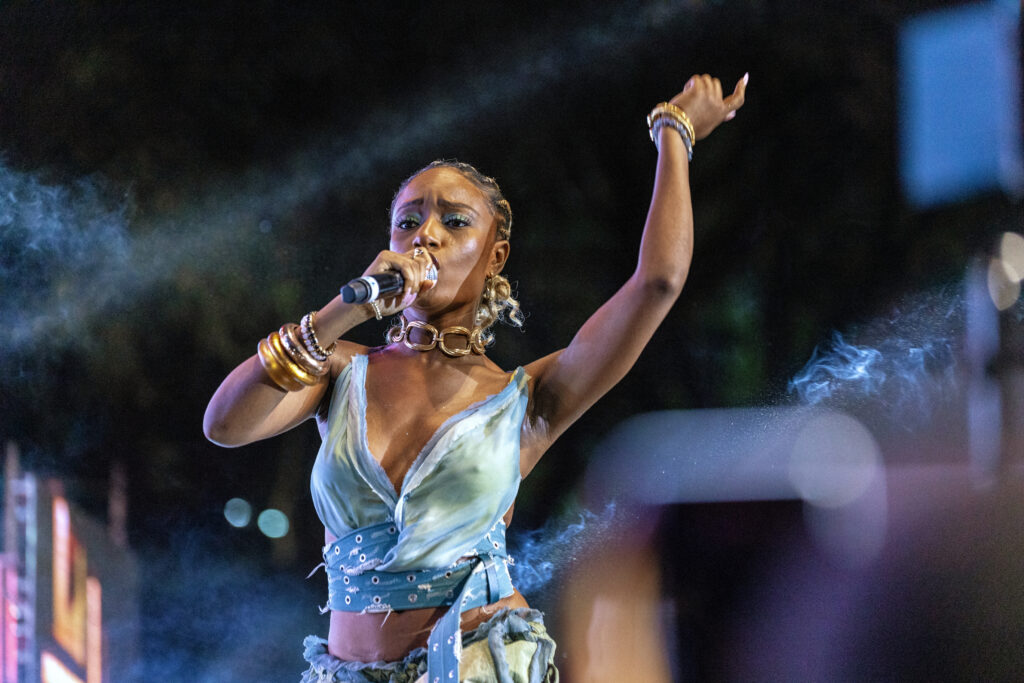
Photo 275400816 | Ayra Starr © Joshua Wanyama | Dreamstime.com
So in the future I’m really interested to see where all these artists’ careers go and where they’ll take popular music and culture, especially with how fragmented and curated media is today. A lot things we interact with digitally have adopted a “For You” model pumped with algorithms that will likely only ever show us stuff it thinks we want to see. Pop Stars, with their universal appeal, I think will always serve as a connecting thread in culture so as to circumvent this disconnect one way or another. I think it’s our duty to recommend and put each other on to more artists in these spaces because I think it helps to cultivate ideas that move us toward the world we want to see; where more women are running pop and more people are listening to them. Of course there is also a lot work to do in getting more women in production and behind the scenes roles as well.
There’s been ongoing discussion in the music industry lately that artists aren’t really selling like they used to and I think it’s just a sign that the current model isn’t useful anymore. The problem really is not the artists, it’s the conditions of capitalism we are living under that are restricting people’s creativity. To me this means that we’ll never get another Taylor Swift or Beyoncé, and that’s probably a good thing. It’s just not sustainable. It requires so much exploitation and detachment from people and creative expression that I don’t think we need to carry this kind of energy into the next decade of music or culture.
Plus, as aspects of celebrity culture slowly disappear and public opinion changes, it’ll hopefully require a newer image and different reasons to be a Pop Star or fan. I’d like to believe that these reasons might coincide with present social movements for more equitable societies around the world.
“the role of the artist is to make the revolution irresistible”
Toni Cade Bambara
Another quote I like but don’t fully agree with lol. I personally think it’s fine to be or listen to artists that don’t speak on politics or change. We’re always going to want another reason shake ass and it’s truly is in our best interest to keep dancing and enjoying music period. But to say that it’s every artists responsibility to be something revolutionary isn’t realistic. My criticism in Beyoncé and Taylor Swift stands in the fact that they placed themselves at the center. They became faces of revolution, activism and change and we held on to that even though they were never meant to offer us any solution. They are a representational introduction to feminism and we should treat them as such.
At the same time, while artist representation and imagery still matters it is not real pen-to-paper-to-practice-to-progress change. Regular working class people do that. Organizers and activists do that. Policymakers do that. While we can still appreciate what Beyoncé and Taylor Swift do for music, the change we want to see will not come from them because it never comes from one person wishing for it no matter how larger than life they are. Moving forward we should focus our energy on participation and educating ourselves and each other while supporting actual activism moving in the directions we want to see.
To help with this I’ve linked a couple books written by real revolutionary and intersectional feminists that I’ve enjoyed. I encourage y’all to check them out. Also feel free to look at the references and citations I used to put together this post. Get your friends, family, S.O.s and whoever else to look at these things and become accustomed to these ideas too.
Okay until next time, peace ✌🏾
No promises, but I’ll try my get the next post out before 2025.
Books we should all read
Feminism Is for Everybody: Passionate Politics – bell hooks
Miss Major Speaks: Conversations with a Black Trans Revolutionary – Toshio Meronek
Feminist Theory of Violence: A Decolonial Perspective – Francoise Verge
Hood Feminism: Notes from the Women That a Movement Forgot – Mikki Kendall
Bad Feminist: Essays – Roxanne Gay
Against White Feminism: Notes on Disruption – Rafia Zakaria
Resources + Citations
Cunningham, Kyndall. “Why Are so Many Female Pop Stars Flopping? .” Vox, 11 July 2024, www.vox.com/culture/359734/female-pop-stars-charts-billboard-rap-country-popularity.
Foster, Kimberly Nicole. “We Have to Talk about Chappell Roan + Normani’s Album Sales | BWK · June 26, 2024.” YouTube, YouTube, 26 June 2024, www.youtube.com/live/QL4efgChpfY?si=B_HfMjNvt7z90N8j.
Gwendolyn, Ismatu. “Bonus Episode: Beyoncé Knowles-Carter and the Flip-Flop, Flippy Flip Flop and Ass Bitches.” Bonus Episode: Beyoncé Knowles-Carter and the Flip-Flop, Flippy Flip Flop and Ass Bitches., Threadings., 28 Sept. 2022, ismatu.substack.com/p/beyonce-knowles-carter-and-the-flip?utm_source=publication-search.
Hilton, Nick. “Taylor Swift’s Money Grab.” Medium, Medium, 18 Oct. 2023, nickfthilton.medium.com/taylor-swifts-money-grab-e47602f29bc1.
Pike, Naomi. “Taylor: ‘Feminism’s the Most Important Movement.’” British Vogue, British Vogue, 20 May 2015, www.vogue.co.uk/article/taylor-talks-feminism#:~:text=So%20to%20me%2C%20feminism%20is,basically%20another%20word%20for%20equality.%22.
Price, Joe. “SZA Says She’s Only Labeled ‘R&B’ Because She’s Black: ‘It’s Almost a Little Reductive.’” Complex, Complex, 3 May 2024, www.complex.com/music/a/backwoodsaltar/sza-labeled-rnb-because-shes-black.
Serlin, Ilene A. “Dance/movement therapy: A whole person approach to working with trauma and building resilience.” American Journal of Dance Therapy, vol. 42, no. 2, 20 Nov. 2020, pp. 176–193, https://doi.org/10.1007/s10465-020-09335-6.
Sykes, Jillian, and Alli Rosenbloom. “Taylor Swift Fans ‘shake It off,’ Causing Record-Breaking Seismic Activity during Seattle Shows.” CNN, Cable News Network, 28 July 2023, www.cnn.com/2023/07/27/entertainment/taylor-swift-seismic-activity/index.html.
Tee Noir. “Cash Grab Carter: A Parasocial Introspection.” YouTube, YouTube, 14 May 2024, www.youtube.com/watch?v=99W79ED4hCE&t=2853s.
Why Celebrity “Activism” Doesn’t Work — video
What is Project 2025, and why are people Googling it more than Taylor Swift right now?
Tyla, Tems, & Ayra Starr: How African Pop Stars Are Leading Music’s New Wave
Taylor Swift and 21st century activism — video
Why are so many female pop stars flopping?
The Decline of Fourth Wave Feminism and the Death of the #Girlboss
